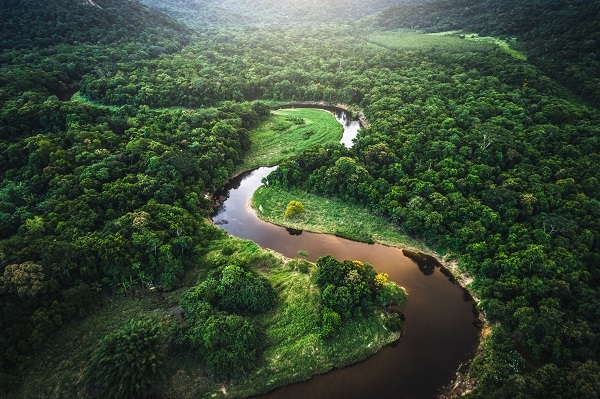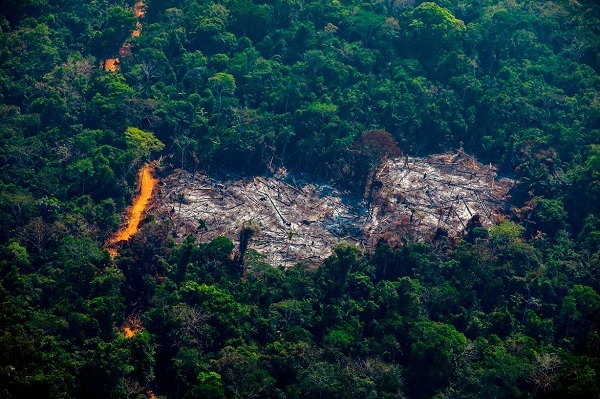Still need to fear climate change? Catch the satire!
Total Views |
New Delhi, March 11: Huge world ecosystems, such as the Amazon rain forest, Caribbean coral reefs may collapse and disappear alarmingly quickly, once a critical point in their destruction is reached, as revealed by a study published in the journal 'Nature Communications' that calls for improved conservation efforts to protect these habitats.
"Each of these so called 'regime changes' would have dire consequences for humanity and other species with which we share habitats. In both cases the projected tipping point for irreversible change results from global warming and environmental damage - deforestation in the case of the Amazon, and pollution and acidification for corals", the study warned.

Researchers, including those from the University of London in the UK, revealed the speed at which ecosystems of different sizes will disappear, once they have reached a point beyond which they transform into an alternative habitat. Caribbean coral reefs, could die off in only 15 years while the Amazon may take 50 years from now, it said. The study, notes that shifts in the Earth's ecosystems occur over human timescales of years and decades, meaning the collapse of large vulnerable ecosystems are to take only a few decades once triggered.
The Amazon rainforest, covering much of northwestern Brazil and extending into Colombia, Peru and other South American countries, is the world’s largest tropical rainforest, famed for its biodiversity. It’s crisscrossed by thousands of rivers, including the powerful Amazon. River towns, with 19th-century architecture from rubber-boom days, include Brazil’s Manaus and Belém and Peru’s Iquitos and Puerto Maldonado.
A coral reef is an underwater ecosystem characterized by reef-building corals. Reefs are formed of colonies of coral polyps held together by calcium carbonate. Most coral reefs are built from stony corals, whose polyps cluster in groups. Atlantic and Caribbean coral reefs account for 7.6%. Although corals exist both in temperate and tropical waters, shallow-water reefs form only in a zone extending to the survival further.

The UN's climate science advisory panel, the IPCC, has said that 1.5 degrees Celsius of atmospheric warming above pre-industrial levels would doom 90 per cent of the world's shallow-water corals. A 2 degrees Celsius rise would spell their near-complete demise. Earth's surface has already heated up more than 1 degree Celsius. The temperature tipping point for the Amazon is less clear, but scientists estimate that clearing 35 per cent of its surface would trigger its eventual demise.
Unfortunately, what our paper reveals is that humanity needs to prepare for changes far sooner than expected, said study co-author Simon Willcock from Bangor University in the UK. The scientists noted that the loss of such key stone species may lead to a rapid and dramatic change in the landscape within our lifetime.

